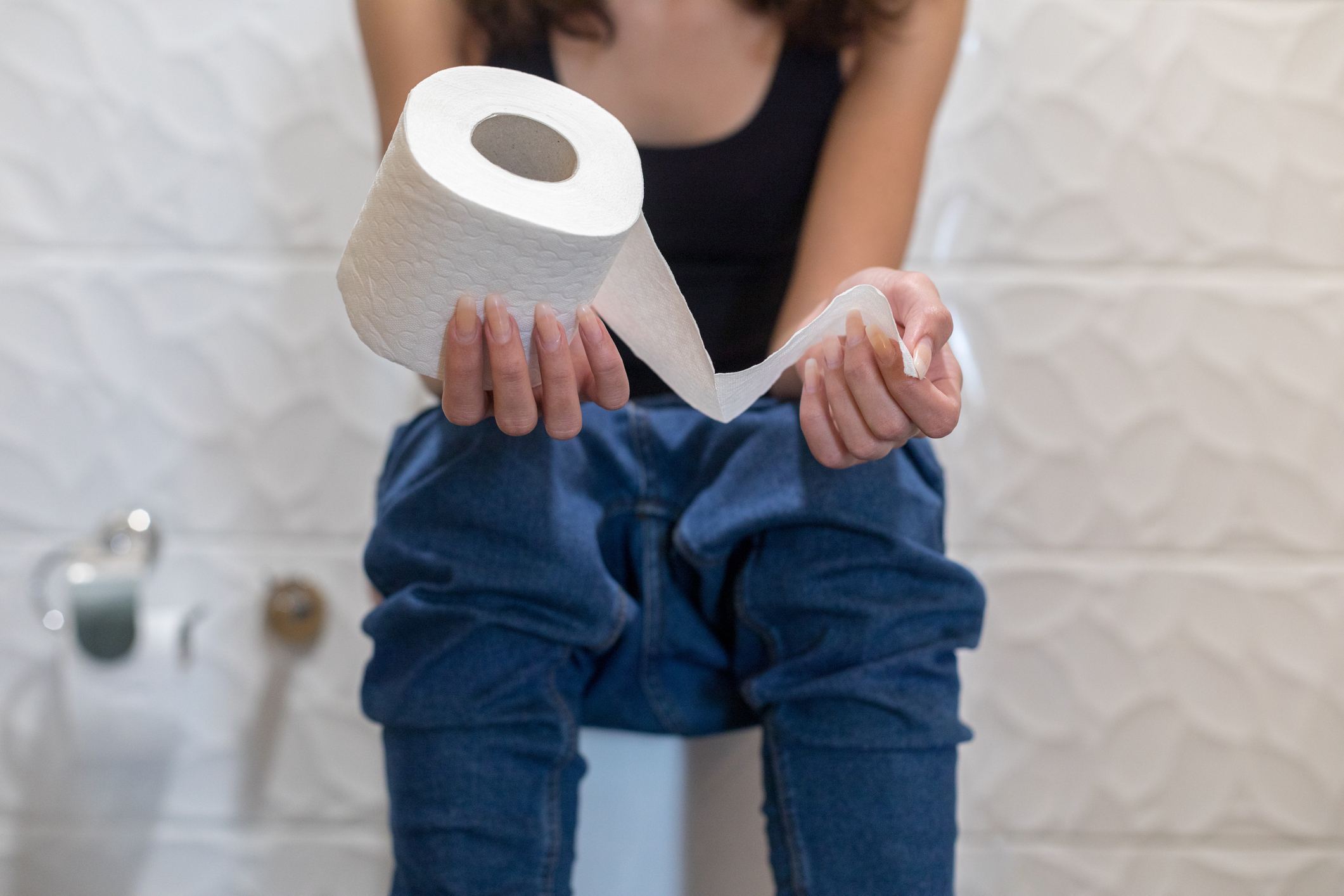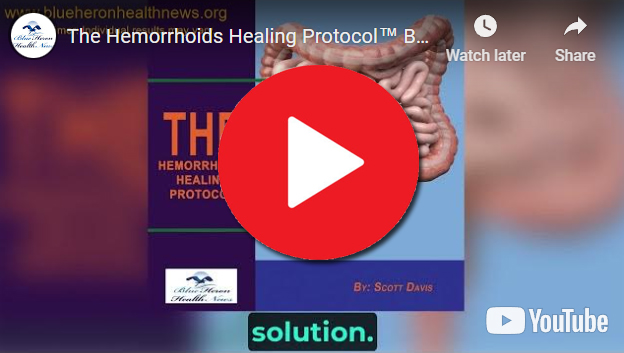
Hemorrhoids are swollen and inflamed veins in the rectum and anus that can cause discomfort, pain, and bleeding. While there is no guaranteed way to prevent hemorrhoids, there are several measures you can take to reduce your risk or minimize their occurrence. Here are some preventive measures:
- Maintain a high-fiber diet: Consuming a diet rich in fiber can soften your stools and make them easier to pass, reducing the strain on the rectal area. Include fruits, vegetables, whole grains, and legumes in your meals.
- Stay hydrated: Drinking an adequate amount of water helps maintain soft and bulky stools, reducing the likelihood of constipation and straining during bowel movements.
- Avoid straining: Straining during bowel movements can put pressure on the veins in the rectal area and contribute to the development of hemorrhoids. Take your time on the toilet, and avoid excessive pushing.
- Practice good bathroom habits: Do not delay bowel movements when you feel the urge. Waiting can cause the stool to harden, making it more difficult to pass. Also, avoid sitting on the toilet for prolonged periods.
- Exercise regularly: Engaging in regular physical activity helps improve bowel function, promotes healthy blood circulation, and reduces the risk of constipation. Aim for at least 30 minutes of moderate exercise most days of the week.
- Maintain a healthy weight: Being overweight or obese can put additional pressure on the veins in the rectal area, increasing the risk of hemorrhoids. Maintain a healthy weight through a balanced diet and regular exercise.
- Avoid sitting or standing for long periods: Prolonged sitting or standing can contribute to the development of hemorrhoids. Take breaks, move around, and avoid staying in one position for too long.
- Practice good hygiene: After bowel movements, gently clean the anal area with moist wipes or mild unscented soap and water. Avoid using rough toilet paper that can irritate the area.
- Lift heavy objects correctly: If you need to lift heavy objects, use proper lifting techniques to avoid excessive strain on the rectal area.
- Treat constipation promptly: If you experience constipation, take steps to alleviate it promptly. Consider using fiber supplements or mild laxatives under the guidance of a healthcare professional.
If you have persistent or severe symptoms of hemorrhoids, it is important to consult a healthcare professional for an accurate diagnosis and appropriate treatment options.
See More on Video

The Hemorrhoids Healing Protocol™ By Scott Davis Hemorrhoids healing is the latest online program that is designed to calm down the symptoms and to remove them completely by getting to the root cause of the problem.This is an online three-week program that teaches long-lasting and effective relief options which mainly focuses on eradicating the two bad habits that lead to poor movement, poor diet, and hemorrhoids.